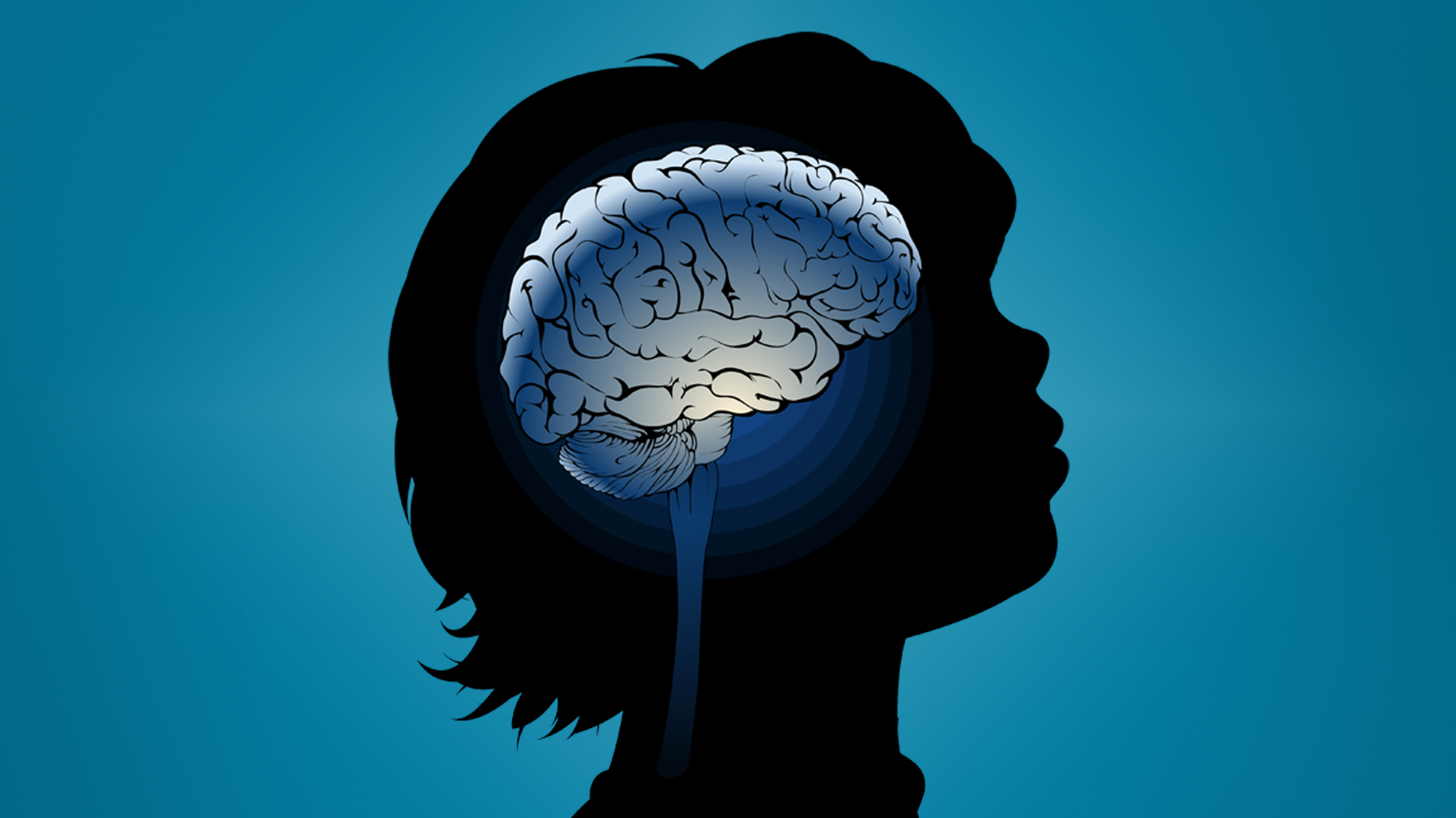Overactivity in Autism

Autism is a developmental disorder that often subjugates an individual to social difficulties. Symptoms of autism include impaired social, communication, and behavioral skills. When an individual has these traits, it can be difficult for the person and the people around them to engage in social interactions. Individuals diagnosed with autism may lack the assistance that they need, due in part to the stigma that surrounds the disorder. Though the causes for the disorder are unknown, evidence suggests that certain genetic factors may play an important role. Autism has been linked to brain regions such as the cerebellum, cerebral cortex, limbic system, corpus callosum, basal ganglia, and brainstem. With this, it seems like we may know the location and symptoms of autism, but do not exactly understand the causes that may lead to its development.
Recently, a Northwestern Medicine lab has begun research on the genetic factors linking autism to epilepsy. They have found that a mutation in a certain major gene, catnap2, which is typically linked to autism, causes seizures. With this mutation, the inhibitory neurons shrink and become unable to deliver messages effectively. In association with another mutation, CASK, individuals experience a mental impairment as well. With this discovery, many new therapies can be focused on these mutations. New studies can also be conducted to explore whether preventing this mutation may also prevent epilepsy. Currently the lab is screening molecules to identify effective drugs that might prevent these genetic abnormalities. Hopefully with these new discoveries, the mysteries of autism can be uncovered and the stigma can be removed from the disorder as a whole.
Writer: Albert Wang
Editor: James Kunstle
Sources:
https://www.nature.com/articles/s41380-018-0027-3
https://www.psychologytoday.com/us/conditions/autism-spectrum-disorder
https://www.ncbi.nlm.nih.gov/pmc/articles/PMC1350917/
https://iancommunity.org/ssc/autism-stigma